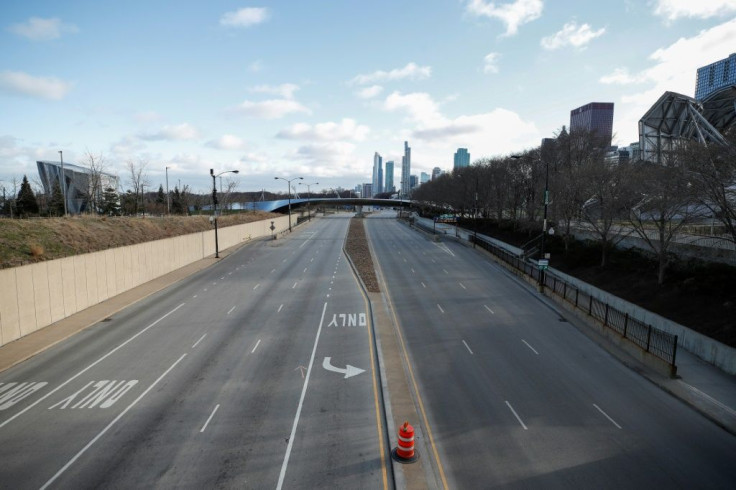Illinois Fair Tax Results: Mail-In Ballots Couldn't Save Progressive Tax Measure
KEY POINTS
- A constitutional measure to allow Illinois to move from a flat to graduated tax plan has failed, with Gov. Pritzker conceding defeat
- Gov. Pritzker now says that Illinois will have to make hard budget choices, either raising taxes on everyone or slashing vital services like public safety and education
- Anyone making under 250,000 would have seen a tax cut under the plan. Billionaires on both sides spent millions on advertising
A battle in Illinois over a constitutional amendment allowing progressive tax plans has been defeated, leaving the state with some tough decisions over across-the-board tax hikes or budget cuts.
Voters opted against taxing wealthier individuals more than lower- and middle-class residents, a common practice among most national and state tax codes, by nearly a double-digit margin despite huge contribution from billionaires on both sides of the issue.
The Illinois constitution mandates a flat tax for all residents. Budgetary woes prompted Democratic Gov. J.B. Pritzker to seek an amendment changing that law, but voters shot it down 55% to 45.9%, according to the latest results.

The measure was behind on election night, but Pritzker remained “optimistic" until the next day, reported NBC. He hoped that mail-in ballots would swing the vote in his favor, but tallies indicated Wednesday morning that the margins against the measure were larger than the total uncounted ballots.
As of Wednesday morning, WGN9 reported the count at 2,237,103 (45.9%) for, 2,735,485 (55%) against, with 97% of the vote counted. The lackluster showing from mail-ins prompted Pritzker to finally concede defeat.
"Now lawmakers must address a multi-billion dollar budget gap without the ability to ask the wealthy to pay their fair share," Pritzker said. "Fair tax opponents must answer for whatever comes next."
Pritzker sunk $56.5 million into advertising for the initiative, but the vote was turned into a billionaire slugfest by contributions against the initiative of $500,000 by his cousin, Jennifer Pritzker, and $47 million by Illinois’ richest man, Ken Griffin.
The amendment itself would not change tax rates, just allowed legislators to do so. Lawmakers hoped to shift Illinois over to a graduated tax rate like most of the rest of the U.S. employs, charging higher rates on income earned above thresholds.
The proposed rates would have lowered taxes for anyone making under $250,000 a year, with rates increasing based on income levels and joint vs. individual filing. The highest rate would have been 7.99% for those making over $1 million a year.
Gov. Pritzker had given dire warnings about the options remaining to Illinois if the proposed hike to the state coffers was rejected by voters. Now they must look to either raise tax rates on everyone or, more likely, make cuts to the budget. Residents now face cuts even to vital services like public safety and education.
“[The] options for Illinois without the fair tax are not good,” Gov. Pritzker said, blaming "republican legislators and their billionaire allies."
© Copyright IBTimes 2024. All rights reserved.





















